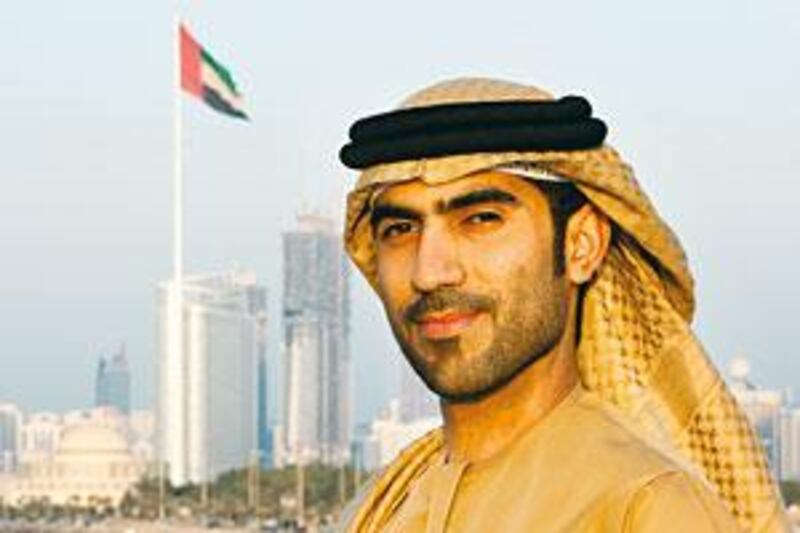Dear Ali: What is the exact meaning and origin of the word Baynounah? Does it mean "in between" or "clearly viewed"? FW, Dubai Dear FW: Since bayna means "between" and Baynounah is "a point at which it's clearly viewed between two objects", you are right on both counts. In my research on Baynounah, it is a name that stretches all the way back to the time before Islam. At this time, Baynounah was the land known as "clearly viewed", as you stated, and was given to the whole coastal area between Bahrain and the coast of Oman.
Many people don't know that the Delmon civilisation (now Bahrain) used to reach all the way from southern Kuwait through eastern Saudi Arabia to "mini Baynounah", a green and beautiful area of the Western Region in our beloved country. This mini Baynounah area hugs the coast, but does not run all the way to Oman, so historians and geographers have stated that we have two Baynounahs - a small one and a large.
The person who revived the name Baynounah in the 20th century was the father of the nation, the late Sheikh Zayed. He even wrote a great poem about the area, illustrating its green, lush beauty. It shows that his description of Baynounah was inspired by his passion for nature and his feelings that God has blessed us with the sun, clouds, valleys and so on. Those who know the history of Baynounah would know that when the rain falls there, it turns into a lost heaven on Earth.
Dear Ali: My father has worked in the UAE for the past 39 years with a clean history and has now been told that he has to leave. He has lived in this country longer than he has in his birthplace and does not want to leave. Can you explain why this has happened and if there is anything we can do? HA, Abu Dhabi Dear HA: This sounds like a matter regarding his visa status, so we must look at what the government laws are on this. The law simply says that for anyone to stay in the country, they require a valid visa: that could be a work visa, a resident or investor visa. Does your father now fit any of the above categories, or is he on a company visa?
Is your father over 60? If so, companies no longer hire people who are more than 60 years old. If he has retired from his job, then it's basically a matter of end of service, which will mean his visa is invalid and he can no longer stay in the country. I know it may feel wrong and unfair, but for better or worse, it is the law. When Emiratis reach the upper age limit for work, they are gently asked to retire, even if their health allows them to continue their jobs. However, they are not asked to leave the country because they are citizens of the UAE. As international students, Emiratis face similar a situation to your father. When we travel to other countries to study, we are required to obtain a student visa, and if we hope to stay there to work or live, we'd also need a visa.
So what's the solution? Well, I believe you or any of your siblings who are working in the country and under a company sponsorship can easily apply to sponsor your parents. I don't know much about your status, or if sponsorship is possible, but if you are working in the country with a valid permit, you may sponsor your father. Thank you for your question and may God bless your whole family.
Arabic: Ghareebah! English: Strange! If someone hears news that shocks or surprises them, such as "Mohammed got an A+ on his exam", you can say: "Ghareebah!", which means something like, "Strange, he didn't even study, I sense something fishy!" Or, if you leave your wallet on your office desk but go back later and can't find it, you could say, "I left the wallet here but I can't find it now. Hmm, ghareebah!"
The sound of the "gh" is pronounced the way the letter "r" is in French.










